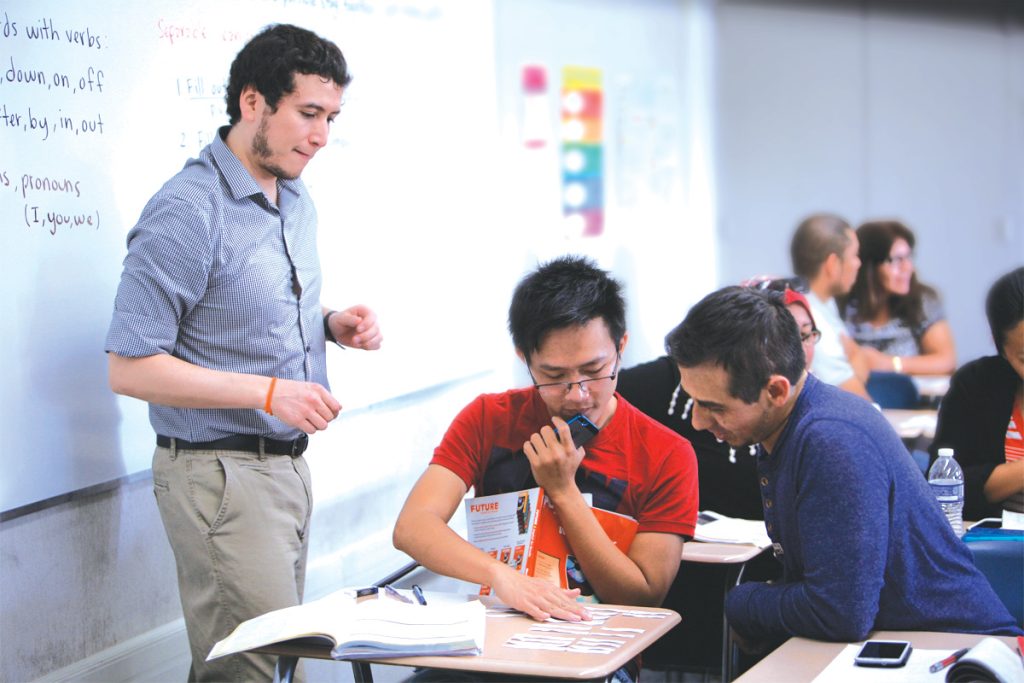Adult schools offer vital education opportunities

Adult education has come a long way in 150 years. What began in a church basement in San Francisco as a modest attempt to spark literacy has grown into a statewide collection of adult schools with offerings only limited by the imaginations of their teachers and administrators.
“There is a perception of adult schools being only for credit recovery or to get your GED,” says Wayne Diulio, director of Torrance Adult School. “But every adult school is unique to each community’s needs.”
Adult schools typically operate in local K-12 public school districts, and exist to meet the continuing education needs of the community. Four of the five members of the South Bay Adult Education Consortium are adult schools — each varied in size and scope, yet all sharing the same basic philosophy, one that’s at the heart of the adult education mission.
“Adult learning is about lifelong learning,” says Vivian Ibarra, director of South Bay Adult School, “and we have always had classes that focus on career and educational goals. Over time, adult schools have adjusted to meet the needs of the community.”
Indeed, change may be the only constant in adult education, which also may be one of its strengths.
For instance, during World War II demand for manufacturing jobs led to job training for women. After the war, veterans sought classes to complete their high school graduation requirements. Today, adult schools emphasize GED exam preparation and short-term career certification exams, as well as English courses for immigrants.
“Our goal as adult educators is to help you reach your goals,” Ibarra says. “Even a college degree isn’t an end goal, or shouldn’t be. An end goal is being a helpful member of society who is active in your community, successful emotionally, physically and financially. We have classes to help students reach their goals.”
California adult schools are evolving again, under AB 86.
Starting in the 2015-16 academic year, public school districts are partnering with community college districts to provide adult education. The South Bay Adult Education Consortium, comprising four local adult schools and El Camino College, has been commissioned to fulfill this purpose.
“Needs of the adults were not being met,” Ibarra explains. “There were overlaps of services and overlaps of programs, but then there were gaps in programs. This is to look at what’s out there, bring it all under one umbrella and make it stronger for the community. If every school is working in isolation, you can’t meet the needs of the community.”
One thing Ibarra and Diulio hope won’t change is the “small-town feel” that distinguishes their schools. Their size allows them to give more individualized attention to students. Unfortunately, there’s also a downside to being diminutive.
“The thing about adult schools is that we’re somewhat the best-kept secret, where people don’t fully understand what we offer,” Diulio says. “Even with the ability to market and advertise, we still are an unknown commodity in our area and often in our own school districts.”
Soon, the secret may be out.
“Our goal as adult educators is to help you reach your goals.”
Vivian Ibarra, Principal of South Bay Adult School
For more information, visit sbaec.wordpress.com.
Written by Evan Tuchinsky
| Regions | Classes & Topics |
|---|---|
| South Coast California | Variety of Classes |